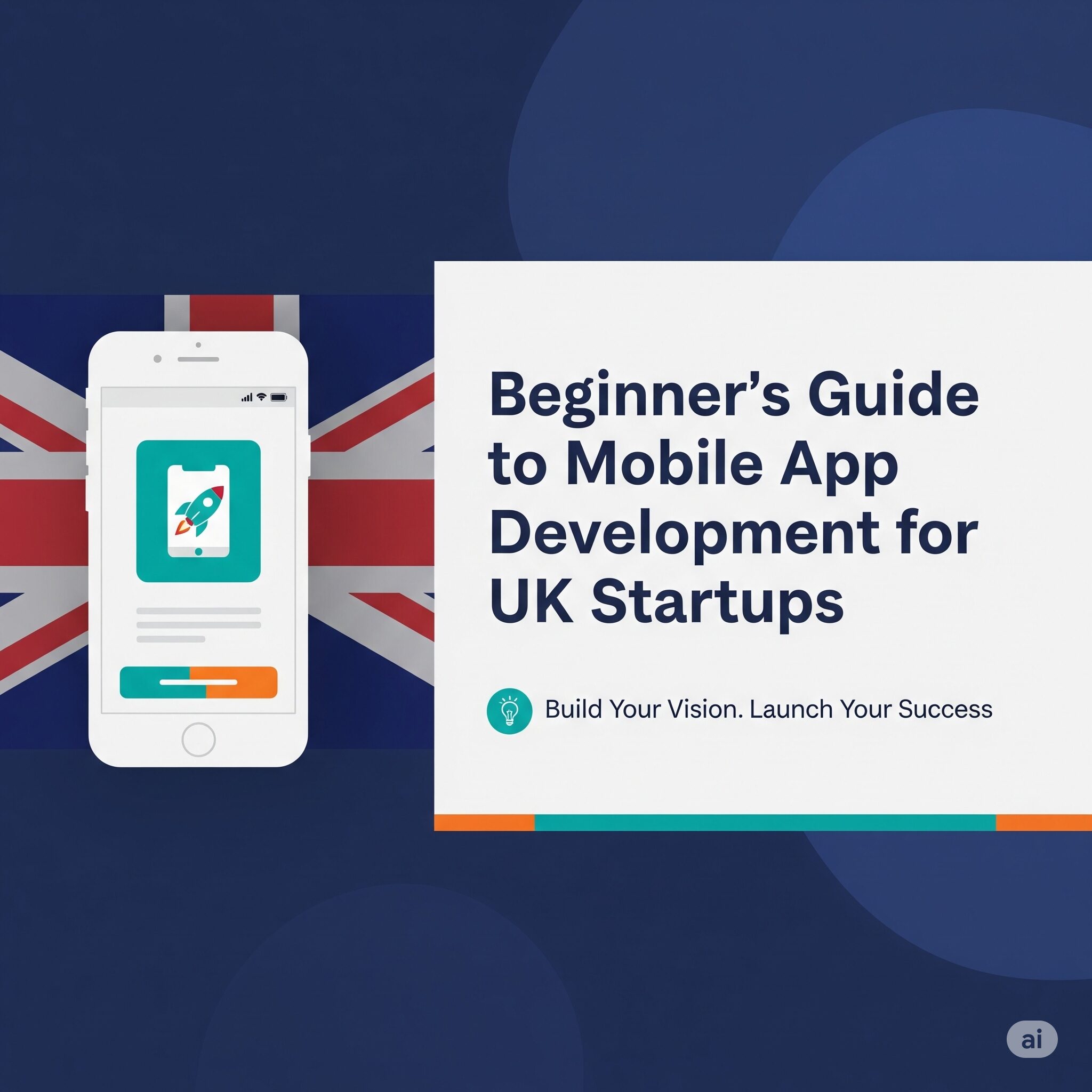
In the fast-paced digital economy, mobile apps are no longer a luxury — they’re a necessity. For UK startups, developing a mobile app can be the gateway to scalable growth, user engagement, and market differentiation. However, the process can feel overwhelming if you’re just starting out.
This guide breaks down the fundamentals of mobile app development for UK startups, from ideation to launch, and how to work effectively with a reliable mobile app development company to turn your idea into a successful product.
Why Mobile Apps Matter for Startups
With over 90% of the UK population using smartphones, the demand for intuitive and functional mobile apps is at an all-time high. Whether you’re launching a fintech service, e-commerce store, or booking platform, a well-designed mobile app can:
- Enhance user experience
- Increase customer retention
- Open new revenue streams
- Boost brand visibility
Mobile apps are also more accessible than traditional websites, offering faster load times and offline capabilities — key features users now expect as standard.
Step 1: Define Your App’s Purpose and Target Audience
Before diving into the technical aspects, identify the problem your app solves. Ask:
- Who is your target user?
- What pain point does your app address?
- What makes your solution unique?
Clear answers to these questions form the foundation of a successful mobile strategy. Understanding your audience helps shape everything from the user interface (UI) to your marketing plan.
Step 2: Choose the Right Platform (iOS, Android, or Both)
Next, determine which platform(s) you’ll develop for:
- iOS: Popular in the UK, especially among high-income users.
- Android: Broader global reach and more flexible app publishing.
Many UK startups opt for cross-platform frameworks like Flutter or React Native to save time and cost. If you’re unsure, a trusted mobile app development company can help you weigh the pros and cons.
Step 3: Plan Key Features (Start Small)
While it’s tempting to add many features, a minimal viable product (MVP) is the best approach for startups. Focus on 3–5 core functions that provide real value. For example:
- Secure login and onboarding
- Main user dashboard
- Payment integration
- Push notifications
As your app gains traction, you can release updates with added functionality based on real user feedback.
Step 4: Design with UX in Mind
A clean, intuitive design is essential for user retention. Many startups lose users due to complicated navigation or cluttered interfaces. When designing:
- Keep layouts simple and consistent
- Use accessible fonts and colours
- Minimise steps to complete key actions
- Test with real users before launch
Most experienced mobile app development teams include professional UI/UX designers who specialise in creating engaging user flows that align with your brand.
Step 5: Partner with a Development Team
Unless you have in-house developers, collaborating with an external development agency is a smart move. A skilled mobile app development company brings technical expertise, project management, and experience in launching apps for startups.
When choosing a partner, look for:
- Transparent pricing
- A UK-based or timezone-friendly team
- Portfolio of past work
- Post-launch support and updates
Avoid working with teams that promise too much for too little — quality development takes time and planning.
Step 6: Test, Iterate, and Launch
Testing is a vital phase. Before releasing your app to the public, ensure it goes through:
- Alpha Testing: Internal testing to catch bugs and usability issues
- Beta Testing: External testing with real users
- Performance Testing: Ensures app runs well under various conditions
After testing and refining the app based on feedback, it’s time to launch. Publish to the App Store and Google Play Store with compelling descriptions, screenshots, and promo videos.
Step 7: Promote and Maintain Your App
Your job isn’t done at launch — you now need to drive downloads and retain users. Marketing strategies for UK startups can include:
- App Store Optimization (ASO)
- Paid social media ads
- Content marketing
- Email campaigns
- Influencer collaborations
Monitor user behaviour and reviews, and release updates regularly to fix bugs, improve features, and maintain security.
Final Thoughts
Mobile app development can seem daunting, but with the right strategy and support, UK startups can build products that truly stand out. Focus on solving a real problem, start small, design for users, and partner with a reputable mobile app development company to guide you every step of the way.
Remember, your mobile app isn’t just a product — it’s the future face of your brand.


